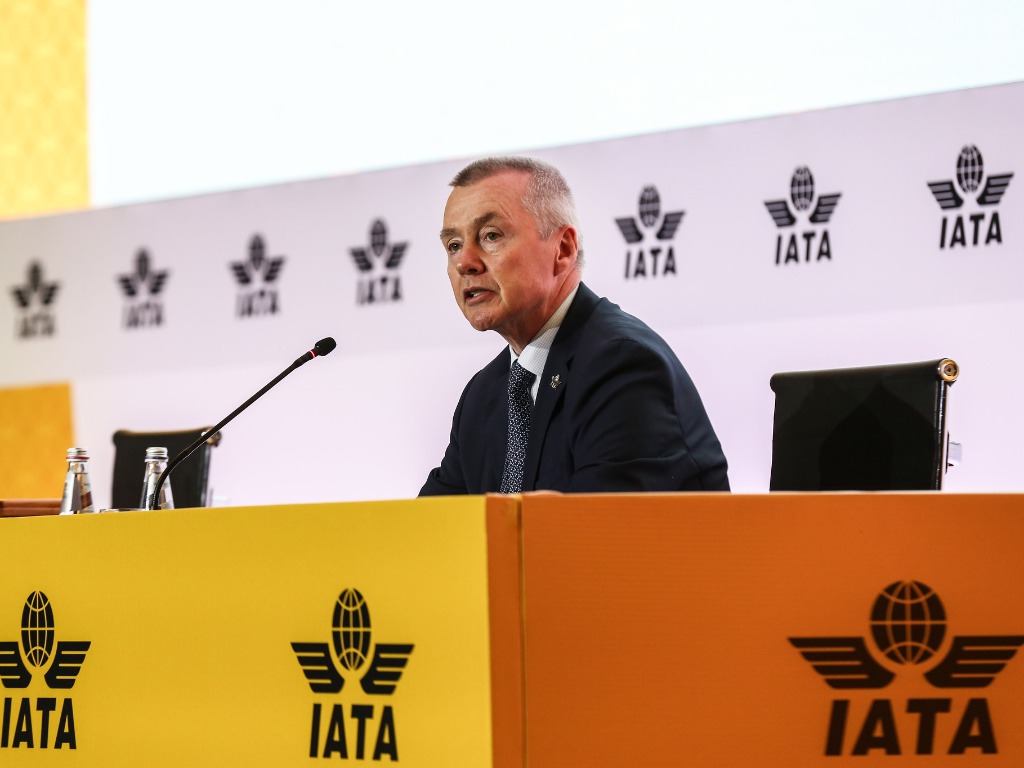Passenger demand moderates in November
The International Air Transport Association (IATA) reports global passenger traffic results for November 2013 showed a moderation in the pace of recent demand growth.
Total revenue passenger kilometres (RPKs) rose 4.1% compared to November 2012. This was slower than the 6.5% year-over-year growth recorded in October.
In November capacity expanded by 6.1% which out-paced demand growth. This led to a 1.4 percentage point slip in the load factor to 76.3%. Demand drivers such as consumer and business confidence, however, continue to improve. This suggests that growth may accelerate in the coming months.
“Demand growth hit a speed bump in November. But with continued modest improvements in economic conditions the outlook remains positive,” said Tony Tyler, IATA’s director general and CEO.
November 2013 international passenger demand was up 4.8% compared to the year-ago period. Capacity rose 6.3% versus November 2012 and load factor dipped 1% to 75.5%. All regions except Africa recorded year-over-year increases in demand. However, compared to October, all regions reported slower demand growth for November.
North American airlines saw demand rise 1.7% over the 2012 period. This was a slowdown on October growth, which was 3.6%. Capacity rose 4.7%, causing load factor to fall 2.2 percentage points to 77.5%. Recent economic indicators have shown a solid fourth quarter, despite the disruption of the US government shutdown in October.
“Aviation drives the global economy. We connect people and businesses to markets; and bring together friends and families. Aviation creates opportunities for greater cultural understanding and carries medicine and supplies to those in need. In a single century, the industry has had a transformative impact on the way in which we live and interact. And it has firmly established itself as a force for good in our world,” said Tyler.
“But aviation is also a team effort. Ensuring that the second century is as successful as the first requires the co-operation of stakeholders in both the public and private sectors. As we reflect on an amazing first hundred years, I hope that governments will take stock of the wide-reaching economic and social benefits of aviation-enabled connectivity. These far outstrip any short-term boosts to treasury revenues generated through taxes or fees.”
Tyler added, “It is ironic that in the United States — the country that gave birth to this amazing industry — political leaders in Washington agreed to raise taxes on air travellers to close the budget gap just a few days before we celebrated this momentous anniversary. How much better would it be if instead of seeing aviation and air travellers as easy targets for $12.6 billion in new taxes, they shared in the vision that guided the pioneers who created this industry.”



